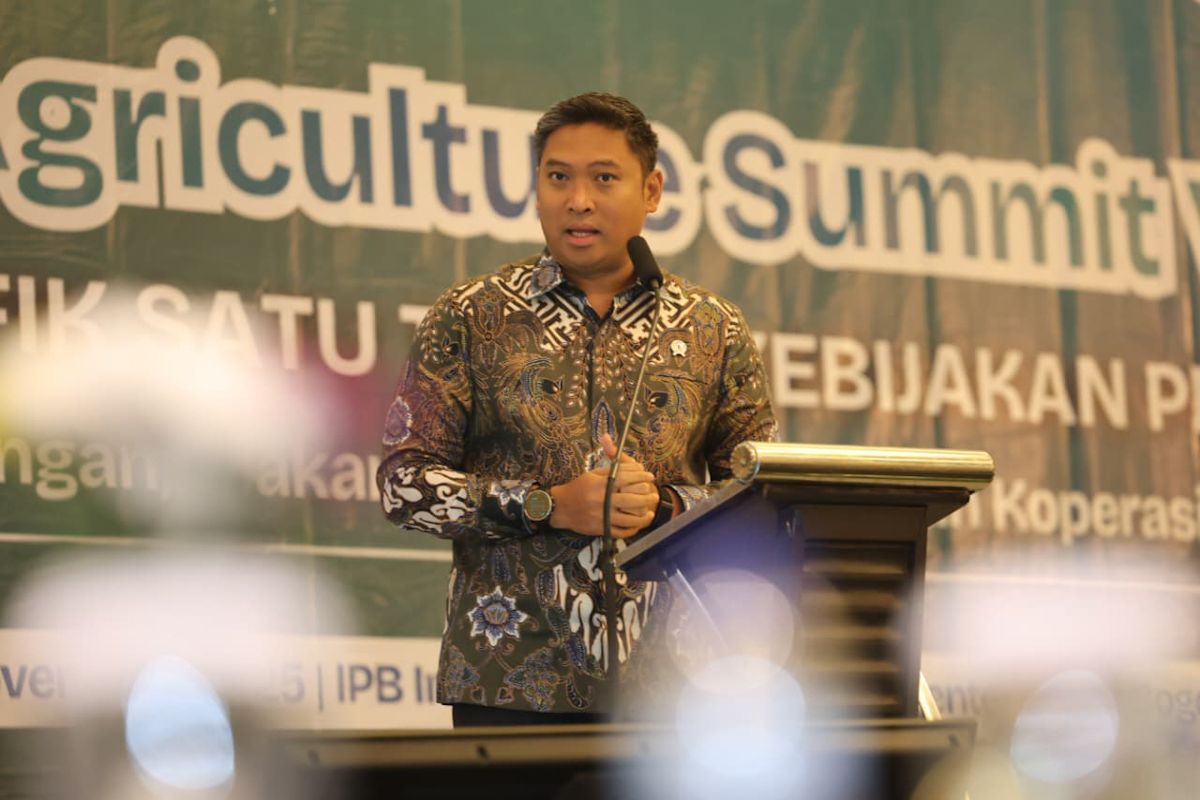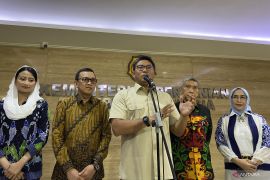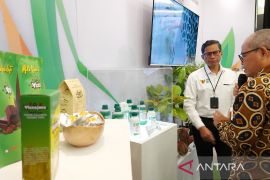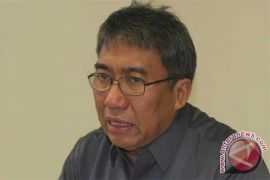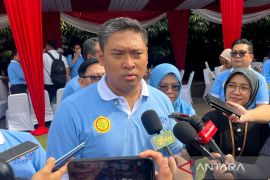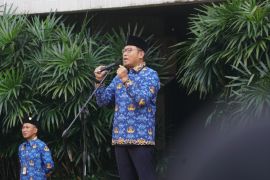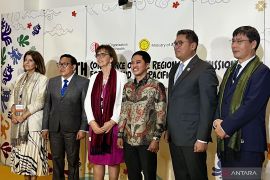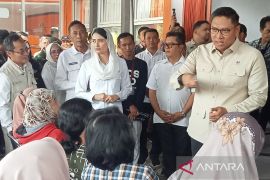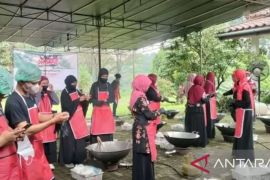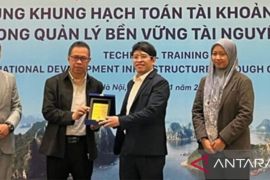“IPB holds a crucial position as the most strategic institution shaping Indonesia’s agricultural future,” Sudaryono said at the fifth Food Agriculture Summit, organized by the IPB Alumni Association in Bogor, West Java.
He noted in a press statement here Wednesday that the university was designed from its inception to serve as a center for thought leadership and innovation in national agricultural development.
“IPB, the Bogor Agricultural Institute, was established to ensure agriculture remains a national priority,” he said, emphasizing the university’s long-standing role in shaping policy.
Sudaryono highlighted that forums organized by IPB alumni contribute to government policy recommendations, particularly for the Ministry of Agriculture. He said input from multiple stakeholders is essential to improve sector performance.
“Grassroots perspectives—from academics or practitioners—broaden our understanding and help improve our work going forward,” he added, stressing the value of frontline insights.
Related news: Minister officiates RI-S Korea's energy-agriculture cooperation
He urged IPB to lead agricultural transformation, including plant-based energy development, citing Indonesia’s vast potential across multiple subsectors.
“There are opportunities in carbohydrate-based foods, horticulture, livestock, and plantations. IPB should lead these programs,” Sudaryono said, urging innovation to tap into the country’s agricultural resources.
The deputy minister reiterated President Joko Widodo’s directive for food self-sufficiency and energy independence, underscoring the sector’s strategic importance for national security.
He highlighted renewable energy potential from crops like oil palm, sugarcane, and cassava. “Cassava can produce mocaf flour and bioethanol,” he noted, pointing to diversified uses of agricultural commodities.
Sudaryono reviewed government achievements in 2025, including regulatory reforms, improved fertilizers, enhanced irrigation, and stronger roles for agricultural extension workers.
He said these measures have been positively received by factions in Commission IV of the House of Representatives, motivating stakeholders to accelerate agricultural progress.
“This recognition encourages us. Our performance shows results and drives us to work even better,” he said, emphasizing continued commitment to sectoral development.
Related news: VP pushes use of 4.0 technology for agricultural, marine innovation
Translator: Muhamad, Azis Kurmala
Editor: Rahmad Nasution
Copyright © ANTARA 2025
